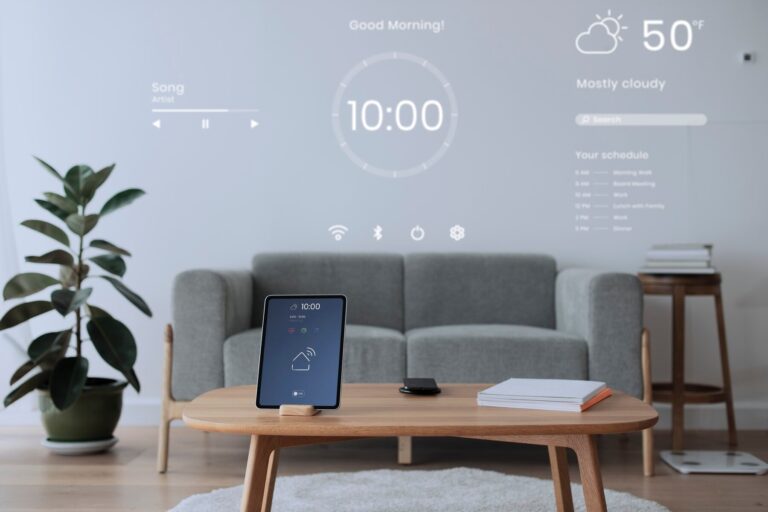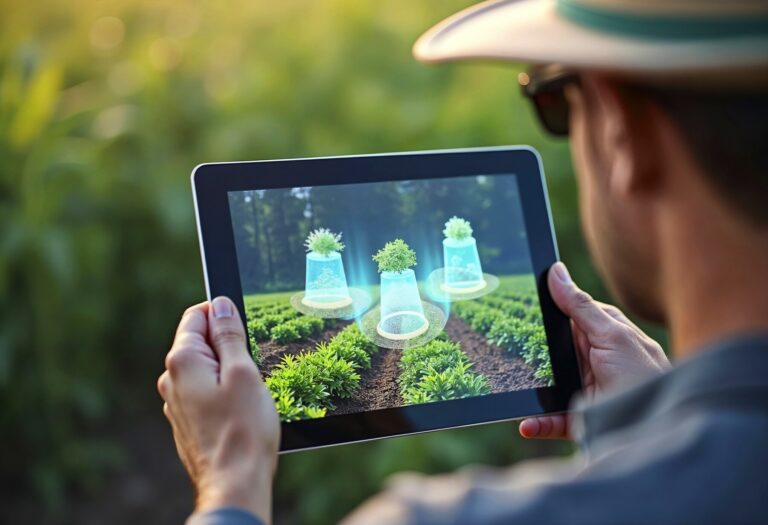The Global Impact of IoT: Trends Shaping the Next Decade

The Internet of Things (IoT) is at the forefront of technological innovation, transforming industries and redefining how we interact with the world. From smart cities to healthcare, IoT is unlocking unprecedented opportunities for businesses, governments, and individuals. As we look to the future, IoT trends are poised to shape the next decade, driving efficiency, sustainability, and innovation on a global scale.
Key IoT Trends for the Next Decade
1. Expansion of Smart Cities
IoT will be the backbone of smart cities, enabling interconnected systems for traffic management, public safety, and waste management. With IoT-powered sensors and data analytics, cities will optimize resources, reduce energy consumption, and improve the quality of life for residents.
2. Growth in Healthcare IoT
IoT is revolutionizing healthcare through wearable devices, remote monitoring, and smart medical equipment. These technologies improve patient outcomes, enable early diagnosis, and reduce the burden on healthcare facilities by facilitating telemedicine and personalized treatment plans.
3. Industrial IoT (IIoT) Revolution
Manufacturing and logistics industries will see significant advancements with IIoT. Predictive maintenance, real-time supply chain monitoring, and robotic automation will boost productivity and minimize operational costs.
4. IoT for Sustainability
IoT will play a critical role in addressing climate change and promoting sustainability. Smart energy grids, water management systems, and precision agriculture will optimize resource usage, reduce waste, and support environmental conservation efforts.
5. Edge Computing and IoT
With the proliferation of IoT devices, edge computing will become essential for processing data closer to the source. This trend will reduce latency, enhance security, and enable real-time decision-making, particularly in industries like autonomous vehicles and industrial automation.
6. 5G Integration with IoT
The rollout of 5G networks will amplify IoT’s potential by enabling faster connectivity, reduced latency, and seamless communication between devices. This will drive advancements in autonomous vehicles, smart factories, and connected consumer devices.
Comparative Analysis of IoT’s Global Impact
| Sector | Applications | Benefits | Challenges |
|---|---|---|---|
| Smart Cities | Traffic control, waste management, safety | Efficiency, sustainability, improved urban living | Infrastructure costs, data privacy |
| Healthcare | Remote monitoring, wearables, telemedicine | Better patient outcomes, early diagnosis | Regulatory hurdles, security risks |
| Manufacturing | IIoT, predictive maintenance, automation | Cost savings, higher productivity | Integration with legacy systems |
| Sustainability | Smart grids, water conservation, agriculture | Reduced waste, environmental conservation | Implementation complexity |
FAQs on IoT Trends
1. How will IoT transform smart cities in the next decade?
IoT will enable interconnected systems for efficient traffic control, energy management, and public services, making cities more sustainable and livable.
2. What role does IoT play in healthcare innovation?
IoT-powered devices improve patient care through remote monitoring, wearable health trackers, and smart diagnostics, enhancing accessibility and outcomes.
3. Will 5G make IoT adoption faster?
Yes, 5G’s low latency and high-speed connectivity will accelerate IoT deployment in areas like autonomous vehicles, smart devices, and industrial automation.
4. Can IoT support global sustainability goals?
Absolutely. IoT optimizes resource usage, reduces energy waste, and enhances environmental monitoring, contributing to global sustainability efforts.
5. What industries will benefit the most from IoT advancements?
While almost every sector will benefit, key industries include healthcare, manufacturing, transportation, agriculture, and energy.
IoT is a transformative force shaping the future of industries, cities, and everyday life. Over the next decade, IoT innovations will drive efficiency, sustainability, and global connectivity. Despite challenges such as cybersecurity and infrastructure costs, the benefits of IoT far outweigh the obstacles. For businesses and governments, investing in IoT is no longer optional—it’s a necessity for staying competitive in a rapidly evolving digital landscape.



